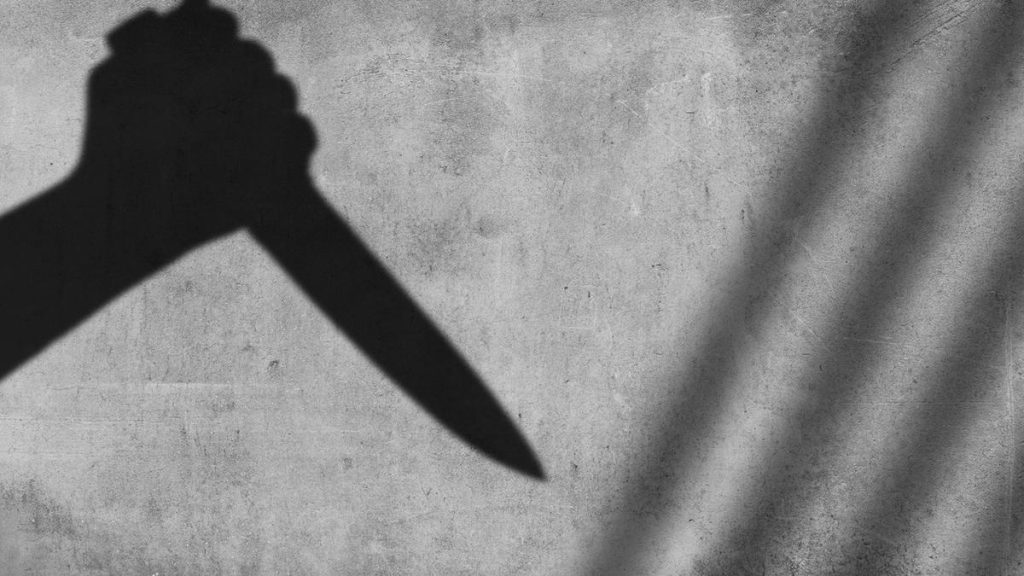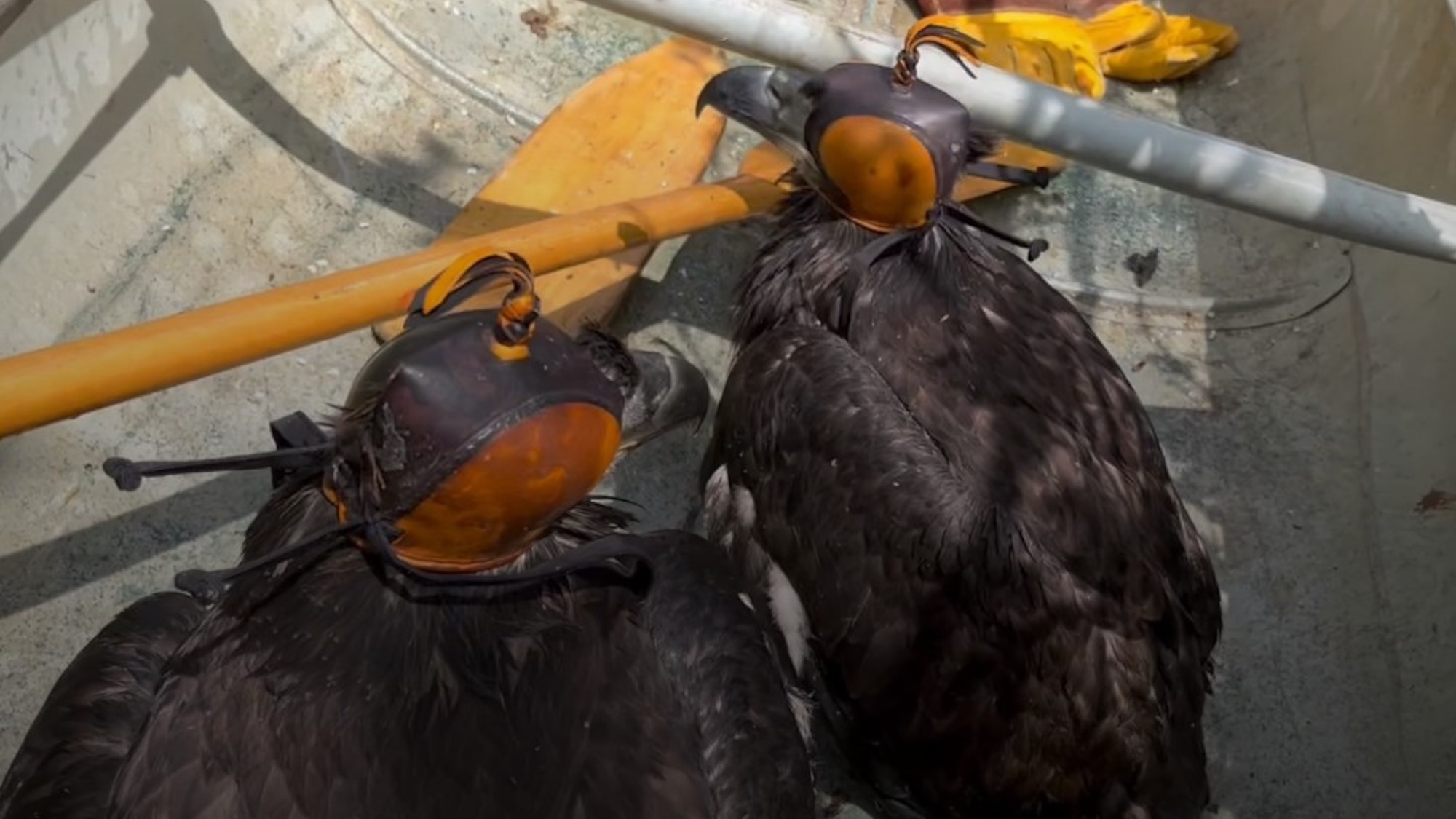Now Reading: 10 Surprising Facts About Nose-Picking You Didn’t Know
1
-
01
10 Surprising Facts About Nose-Picking You Didn’t Know
10 Surprising Facts About Nose-Picking You Didn’t Know

Quick Summary
- Madagascan Primates: Aye-ayes have been observed picking their noses and eating mucus, joining other primates like gorillas and chimpanzees in this behavior.
- Link to Dementia: A 2022 mouse study linked nose-picking to brain access for harmful bacteria, possibly worsening Alzheimer’s risk. Researchers recommend avoiding nasal lining damage.
- Medical Condition: Extreme nose-picking (rhinotillexomania) is identified as a compulsive disorder frequently enough tied to anxiety or OCD. Treatment includes therapy or choice coping mechanisms.
- Health Risks: A teenager damaged her septum by excessive picking, leaving a large tear without infection; experts warn of serious physical injury from frequent habit.
- Nose Fetishes Exist: Nasophilia involves sexual attraction toward noses, including arousal from appearance or behaviors like nose-picking.
- elon Musk’s Son Incident: Musk’s 4-year-old son gained attention by picking his nose at the White House and wiping snot on the historic Resolute Desk during an event with ex-President Trump.
- Breaking Habit tips: Techniques like saline rinses or wrapping bandages around fingers can help stop habitual nose-picking effectively in some individuals.
- Fatal Case Reported: In England, a man unknowingly caused fatal bleeding while handling nasal scabs due to dementia-related actions (2008).
- Andy Warhol Artwork Theme: Early self-portaits explore humor via booger themes before rising into mainstream art fame with bold unconventional works pre-NY era (1949).
- **COVID Study Linkage Found_ Dutch medical survey information highlighted-pickers higher contraction-risks amongst such figure>.+ specific eradiction assistance,float conversational.
Indian opinion analysis
Nose-picking spans across amusing social realities but also health risks – studies reveal direct tissue-breach hazards alongside concerning links access pathogens + even noticed habits visible Covid protective vein current justified logic basis comparison
Stay Informed With the Latest & Most Important News
Previous Post
Next Post
Loading Next Post...
























